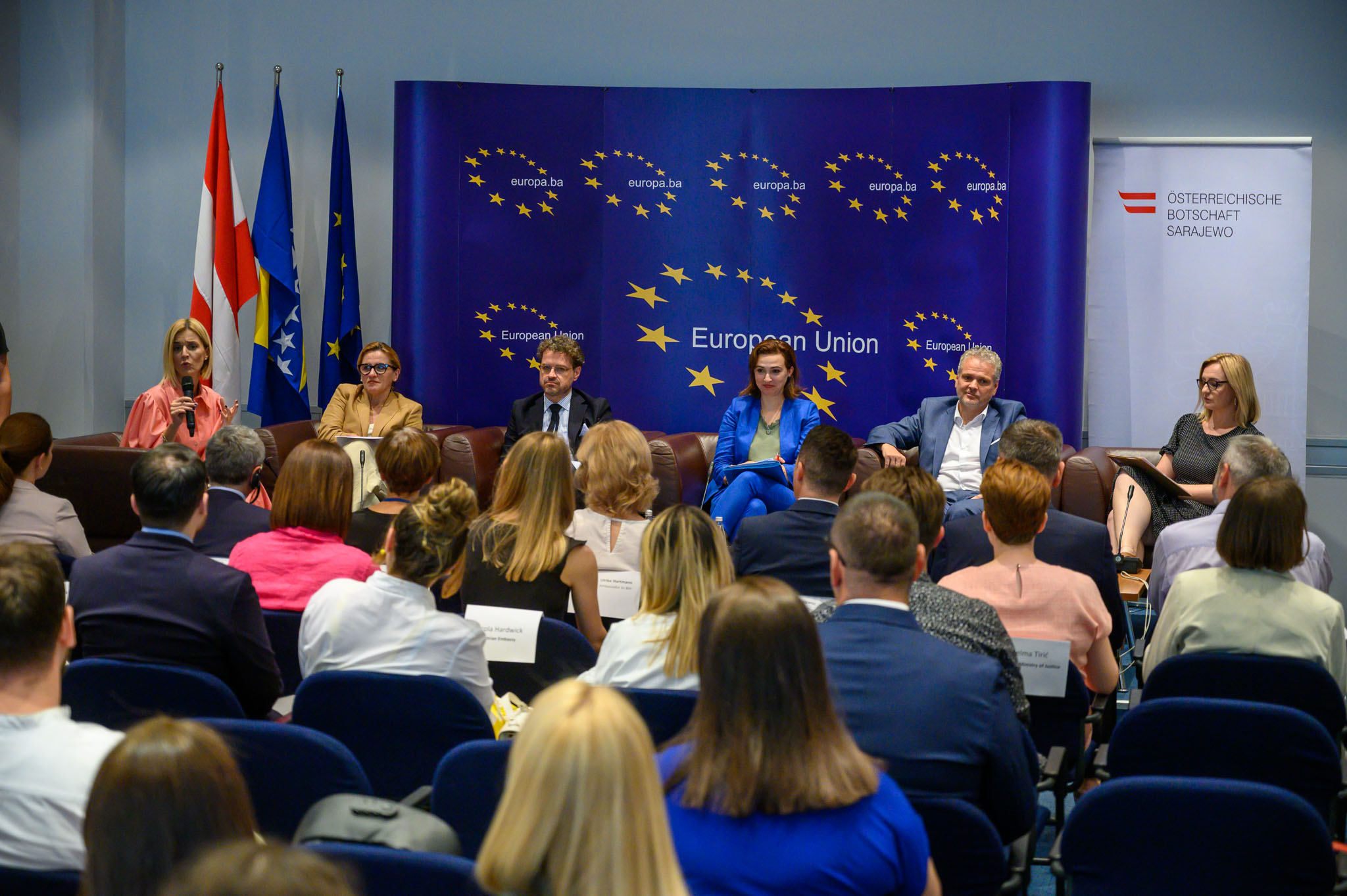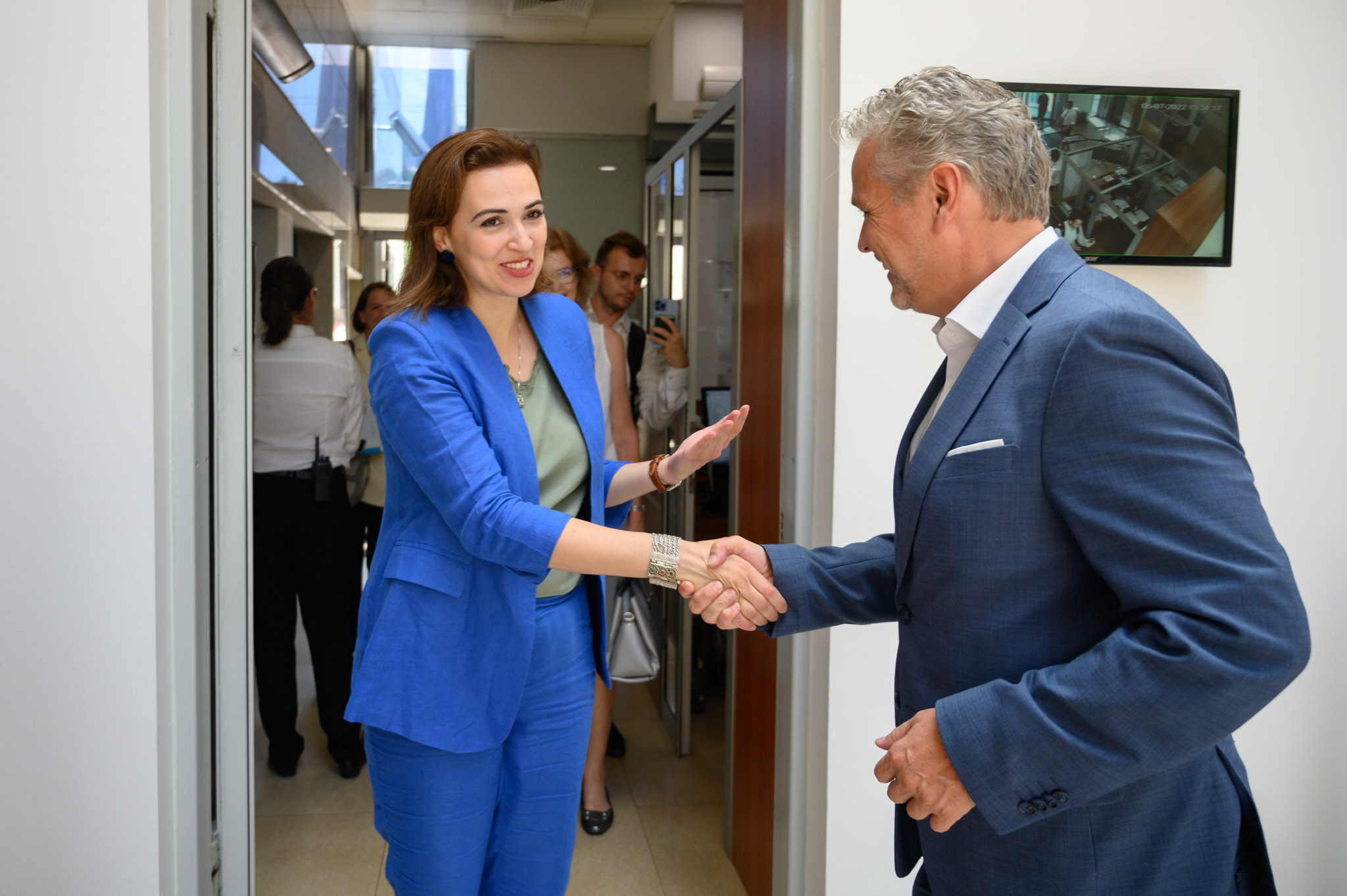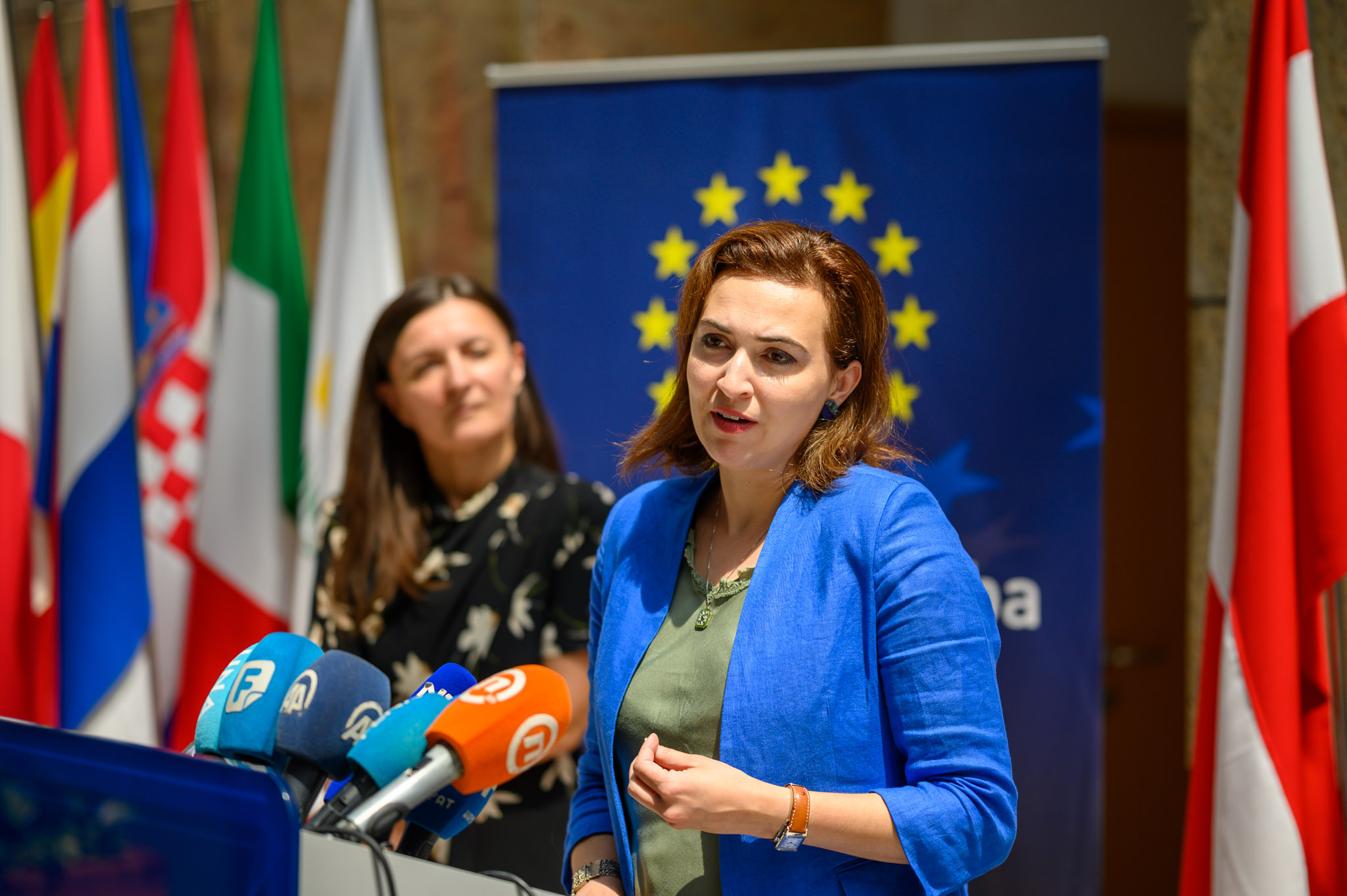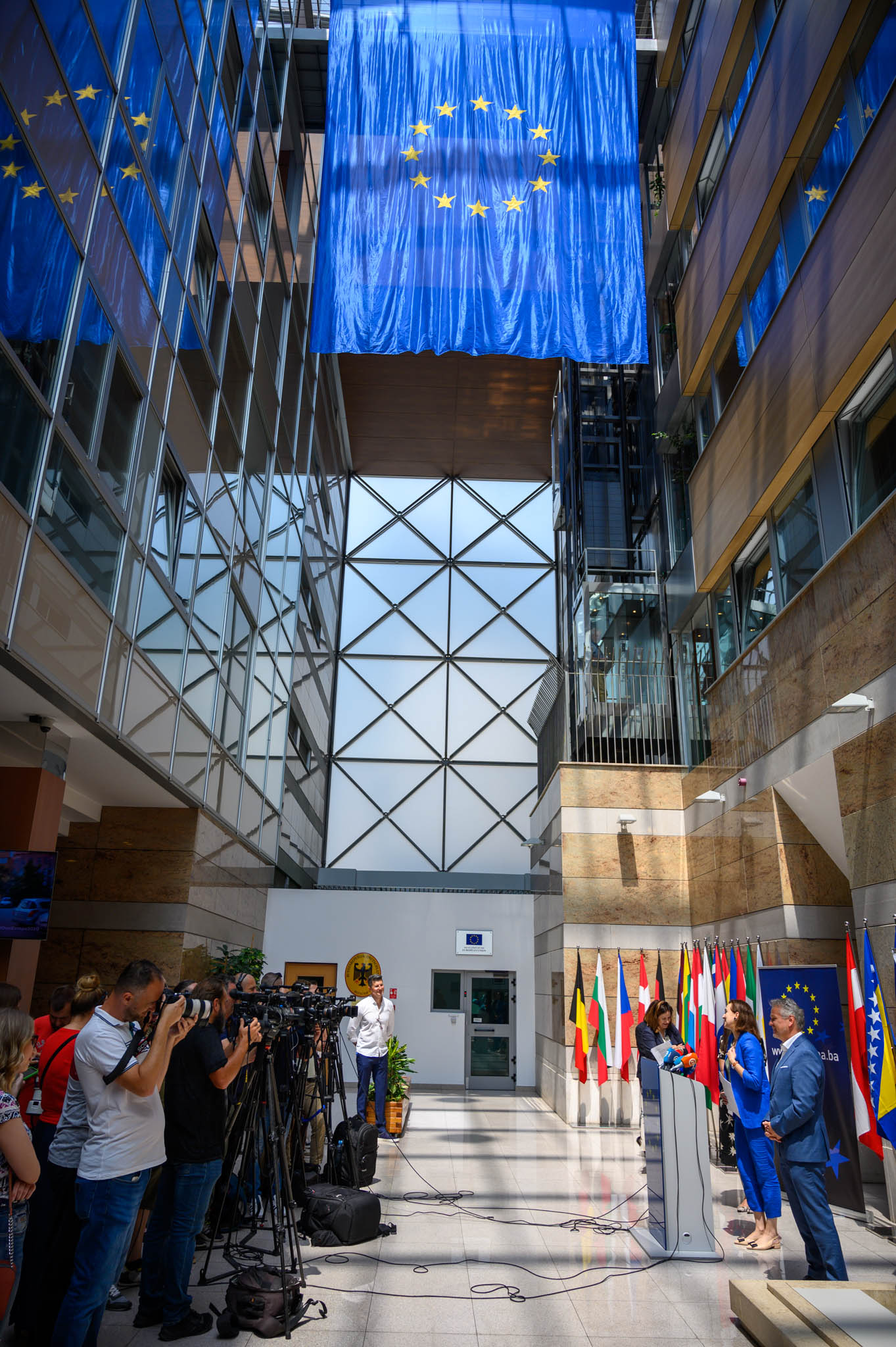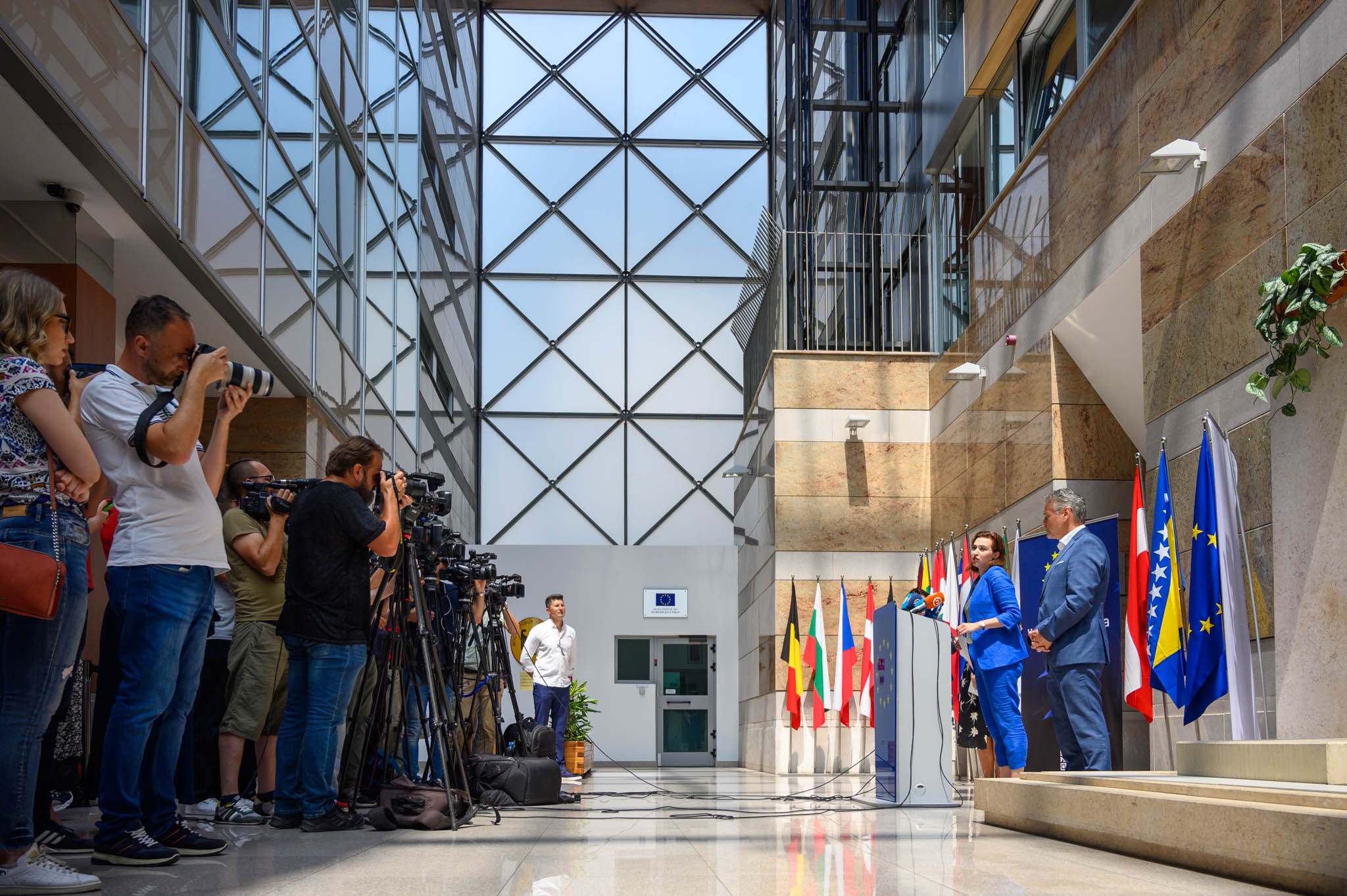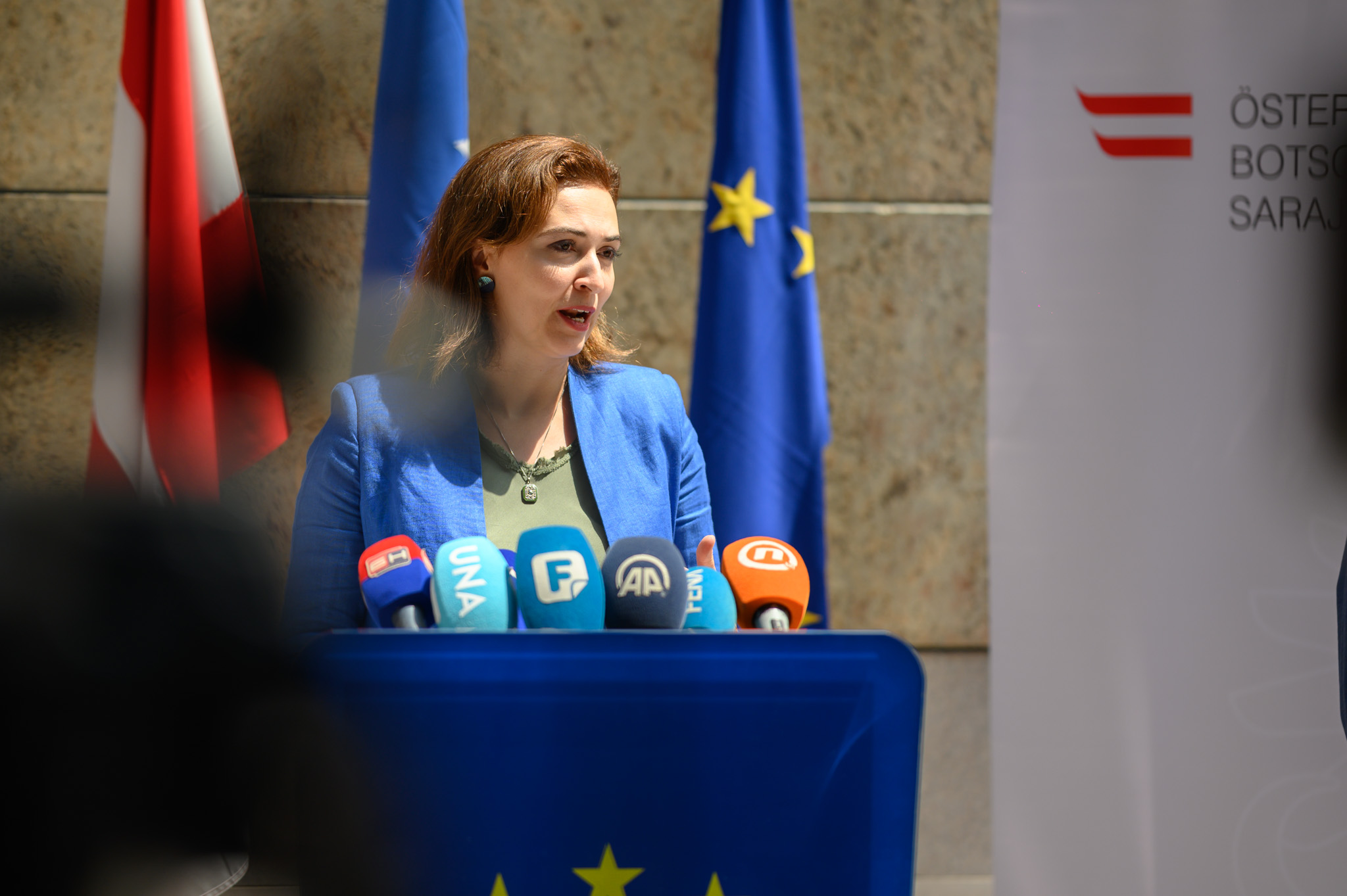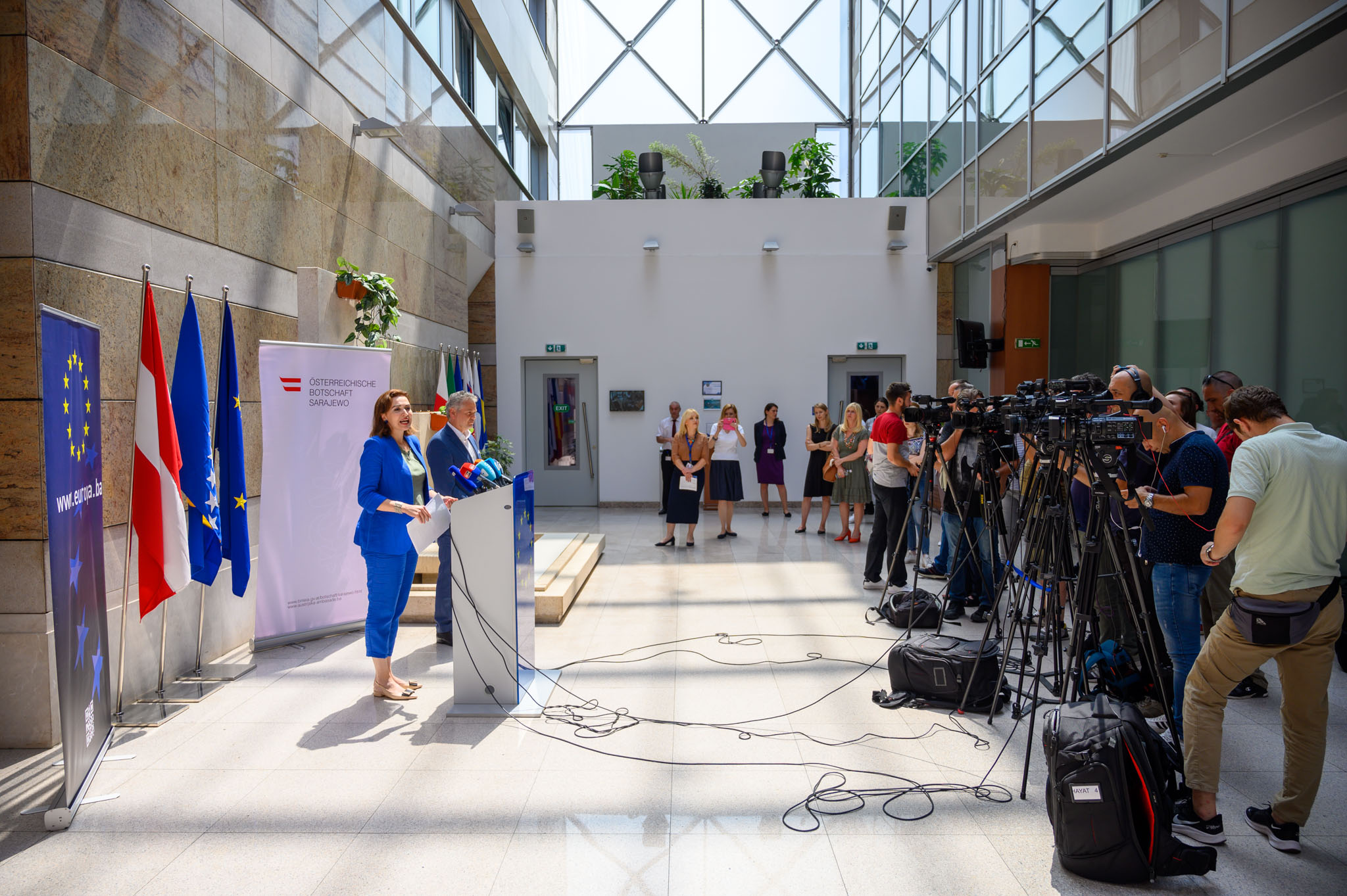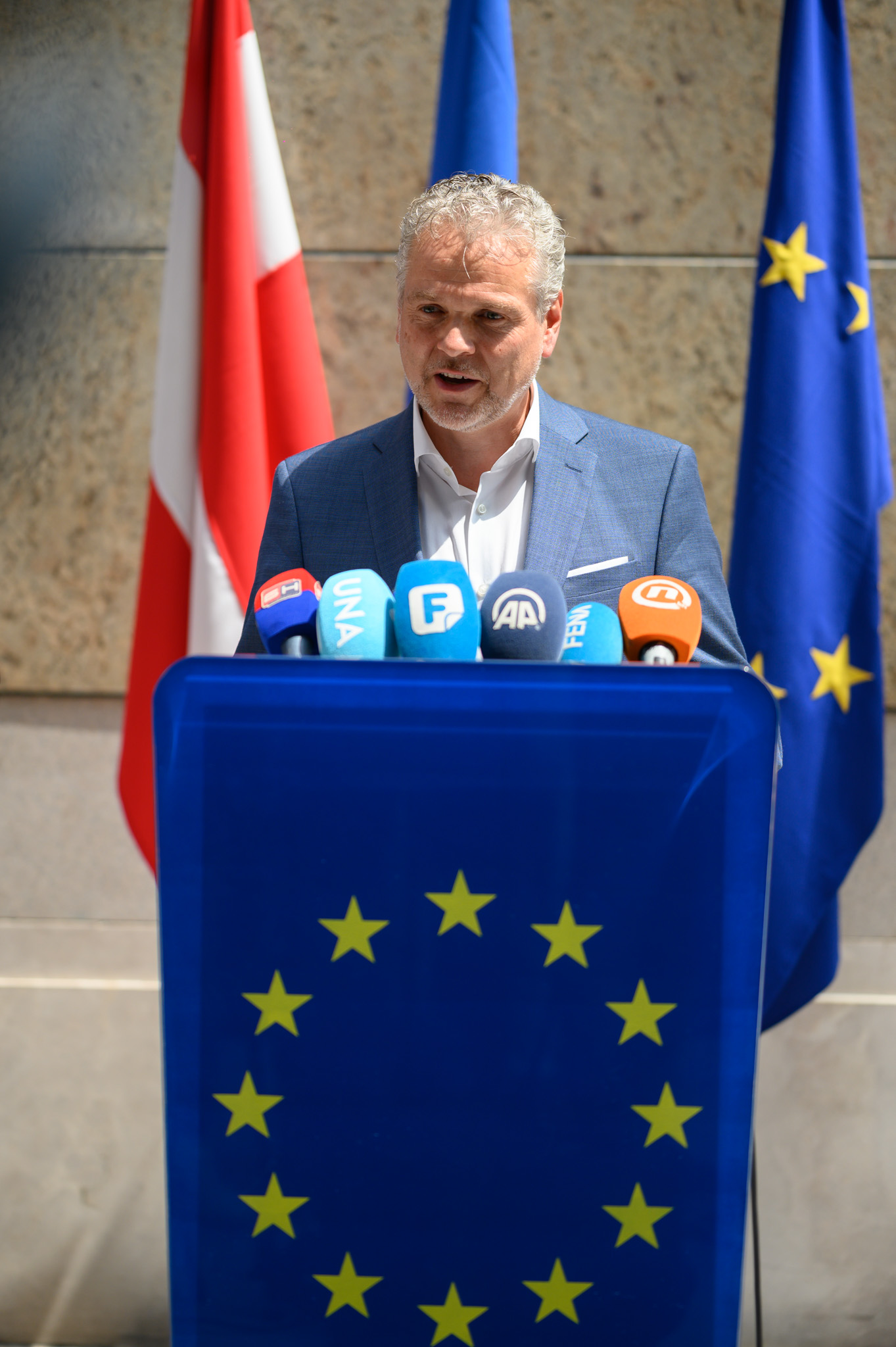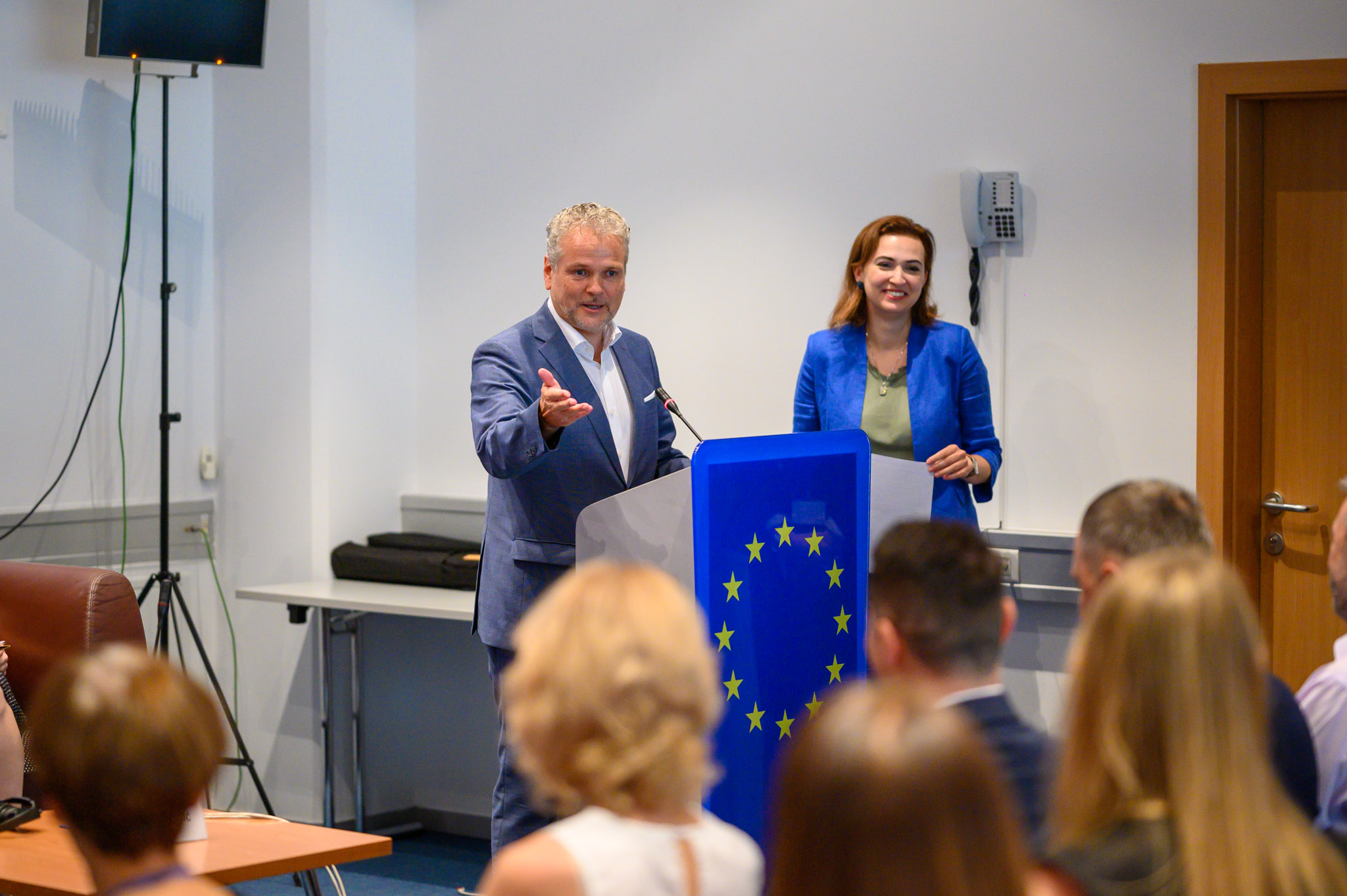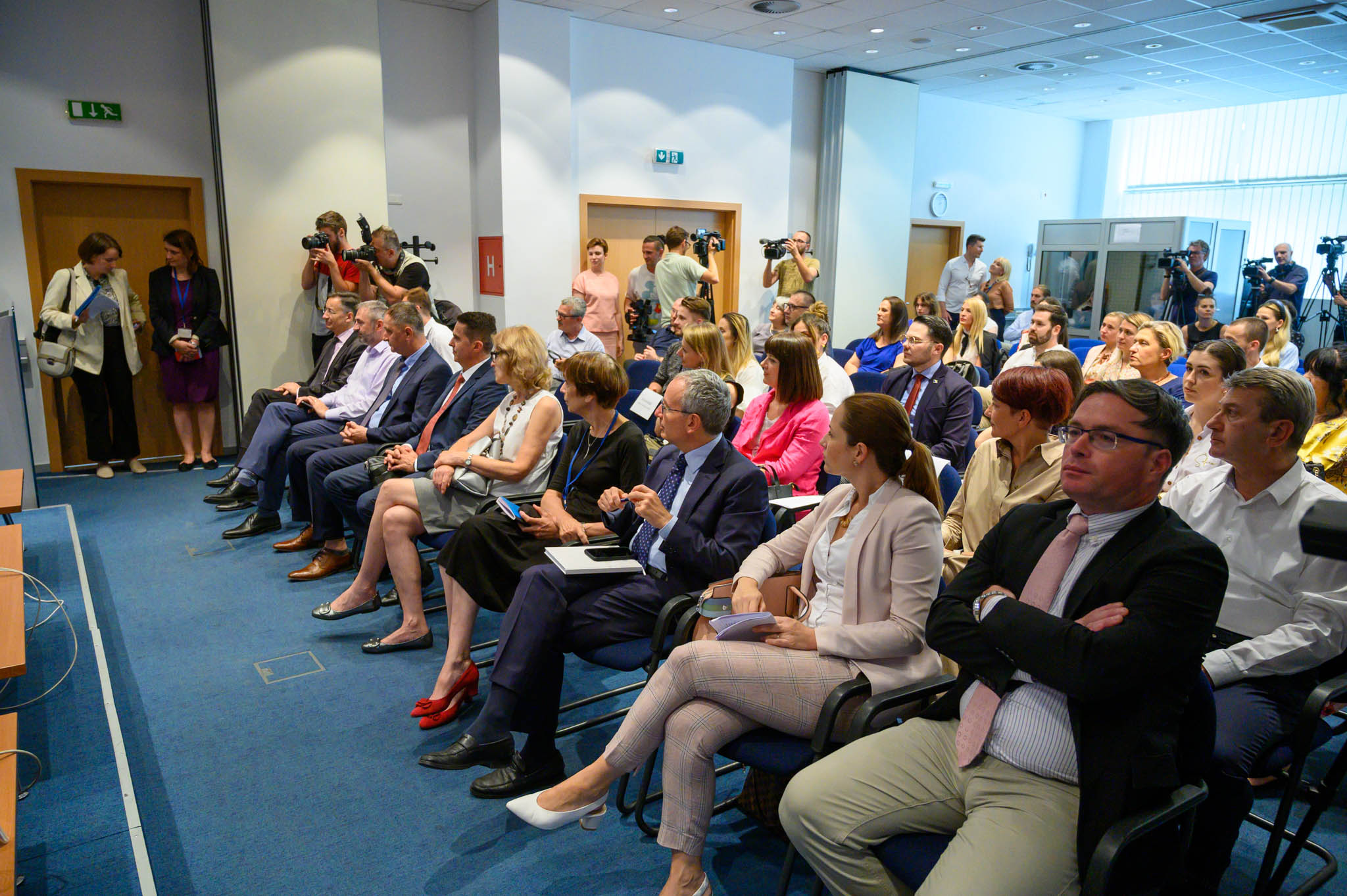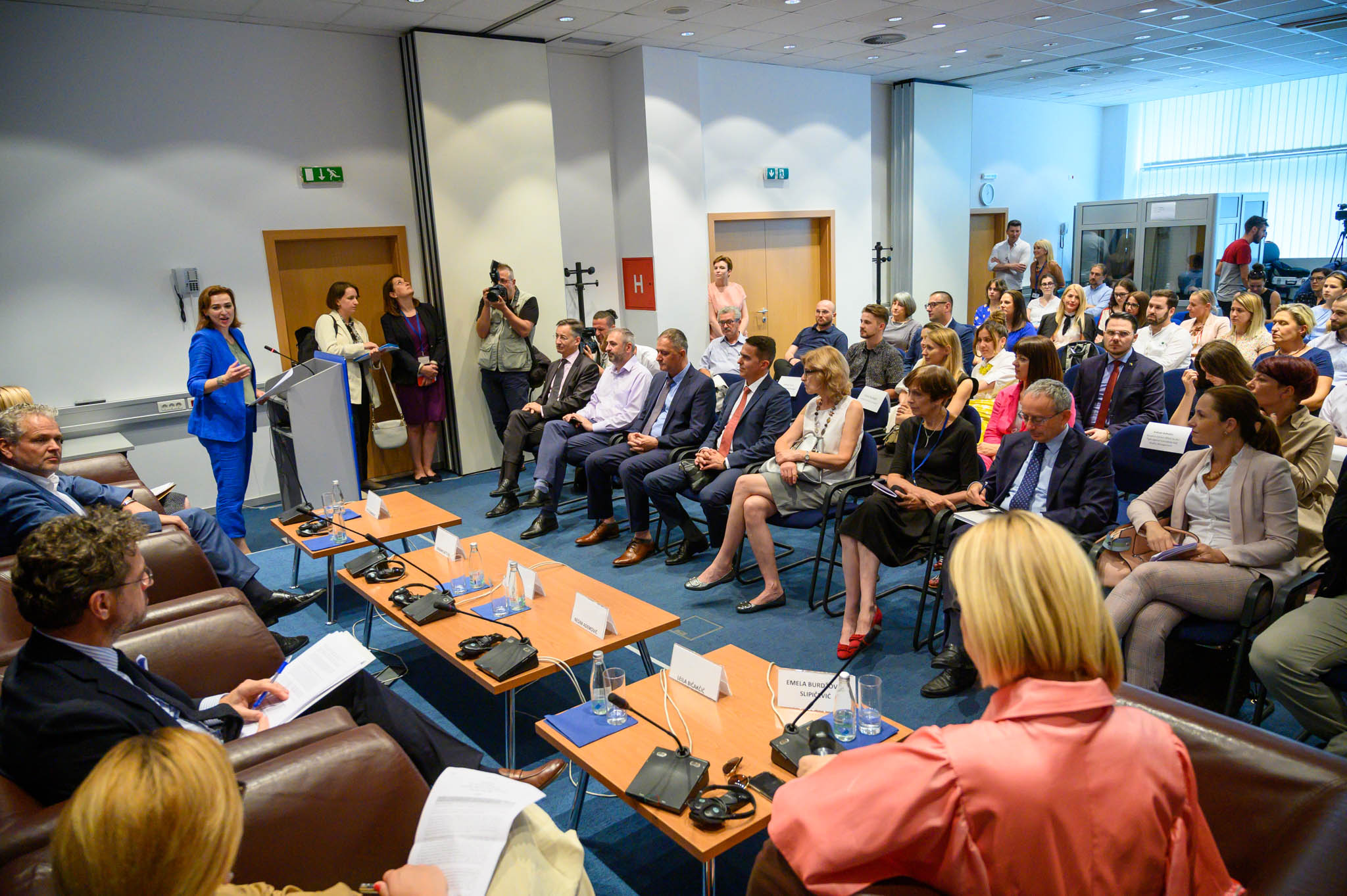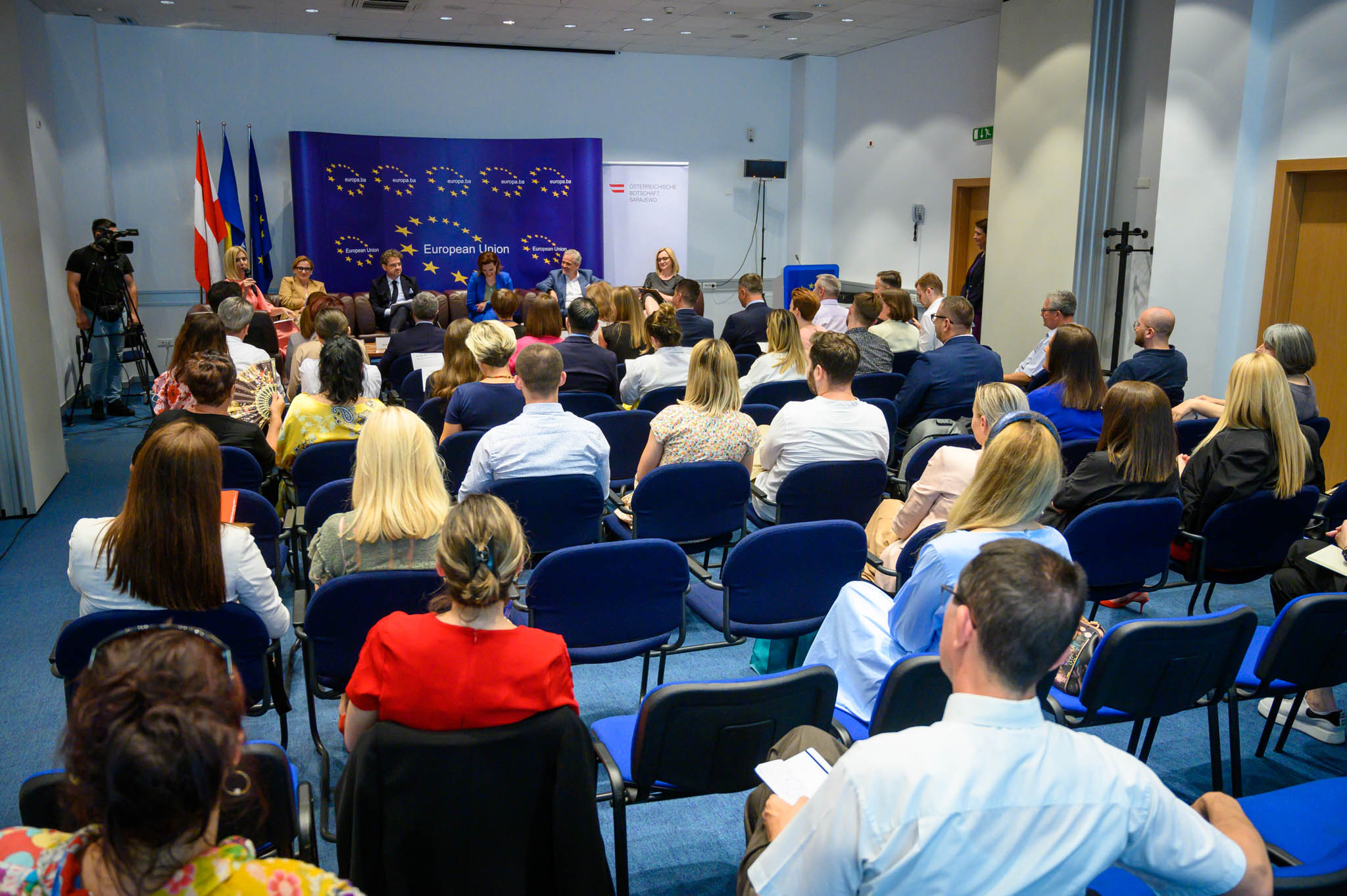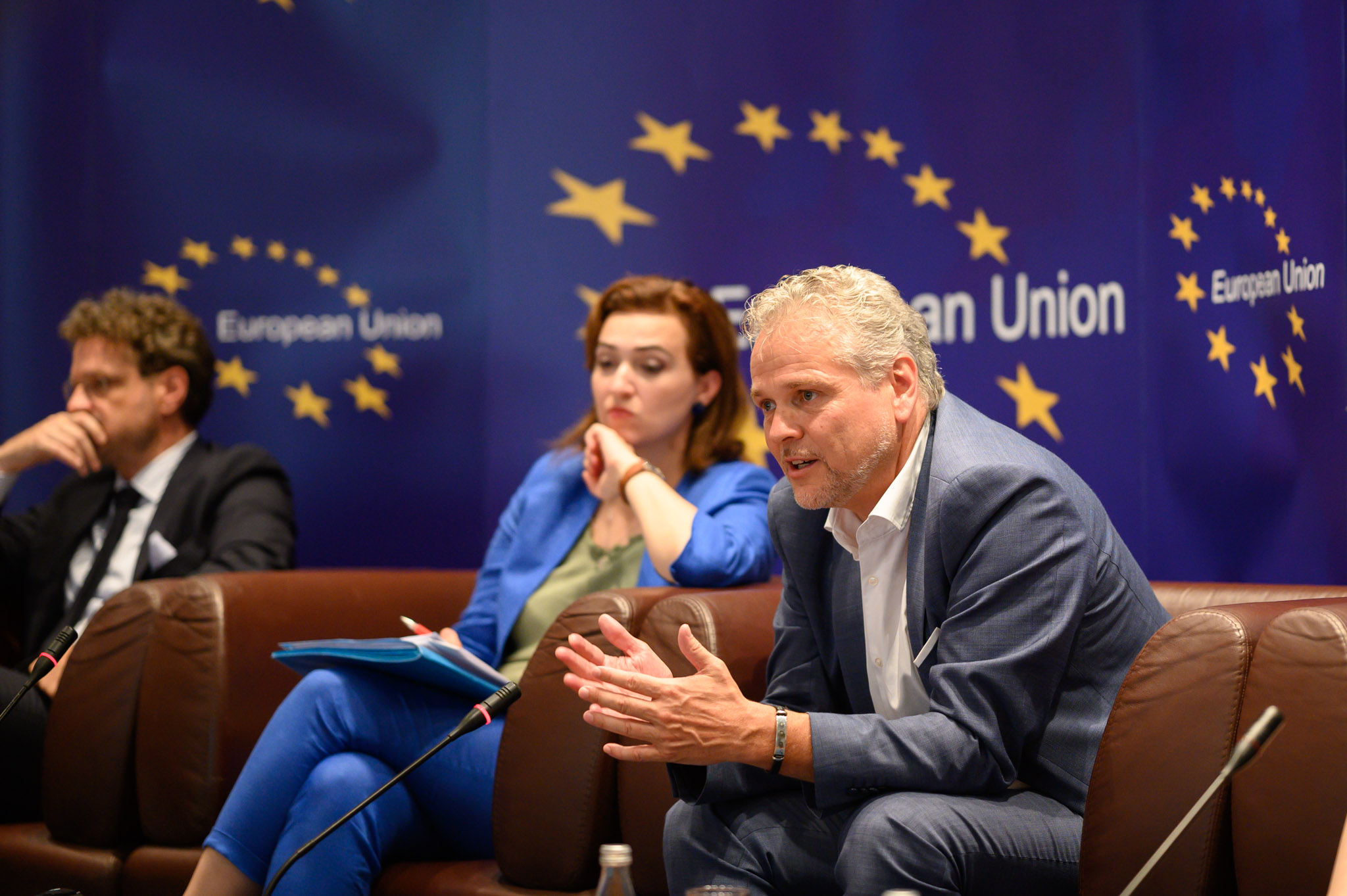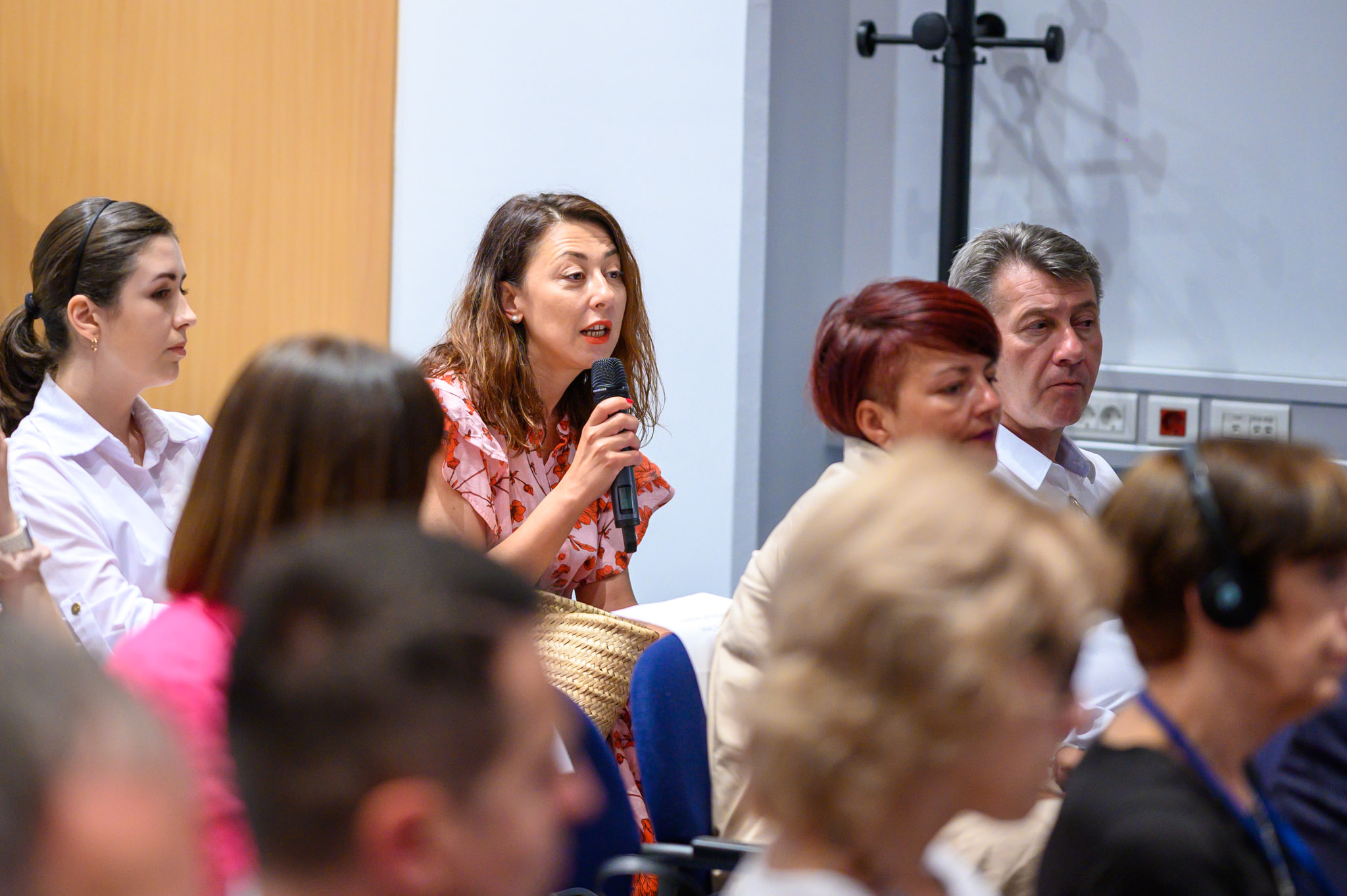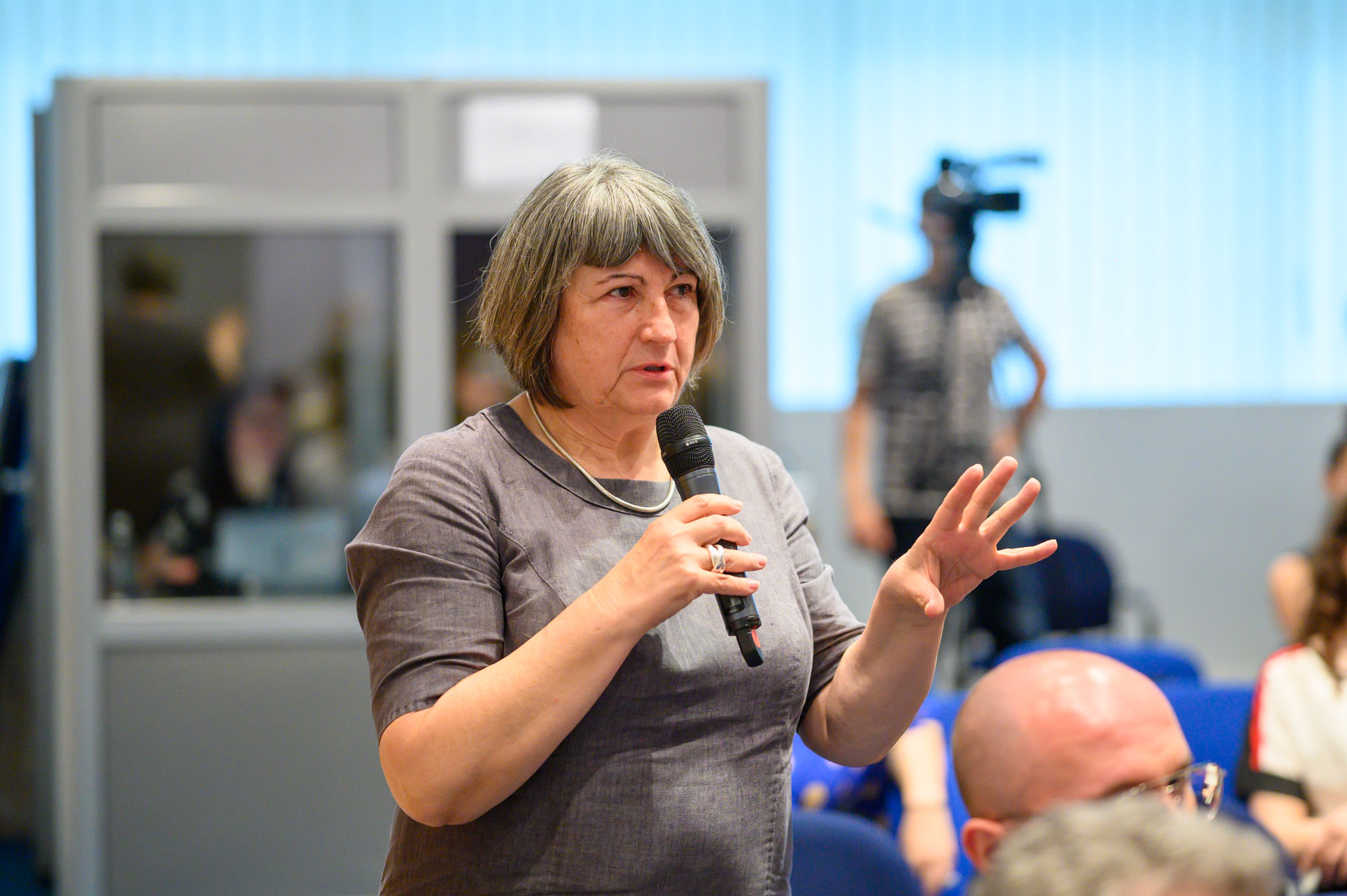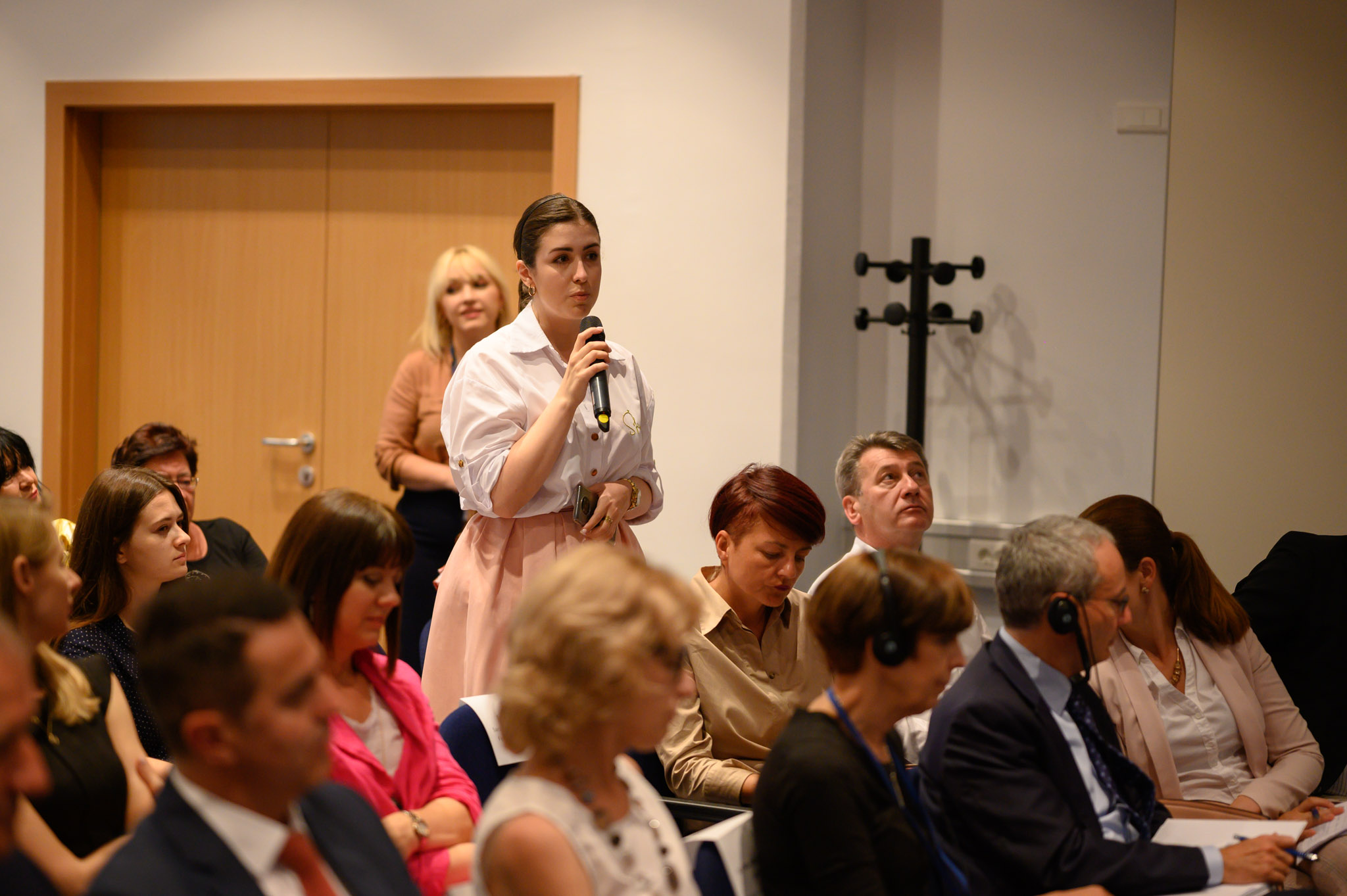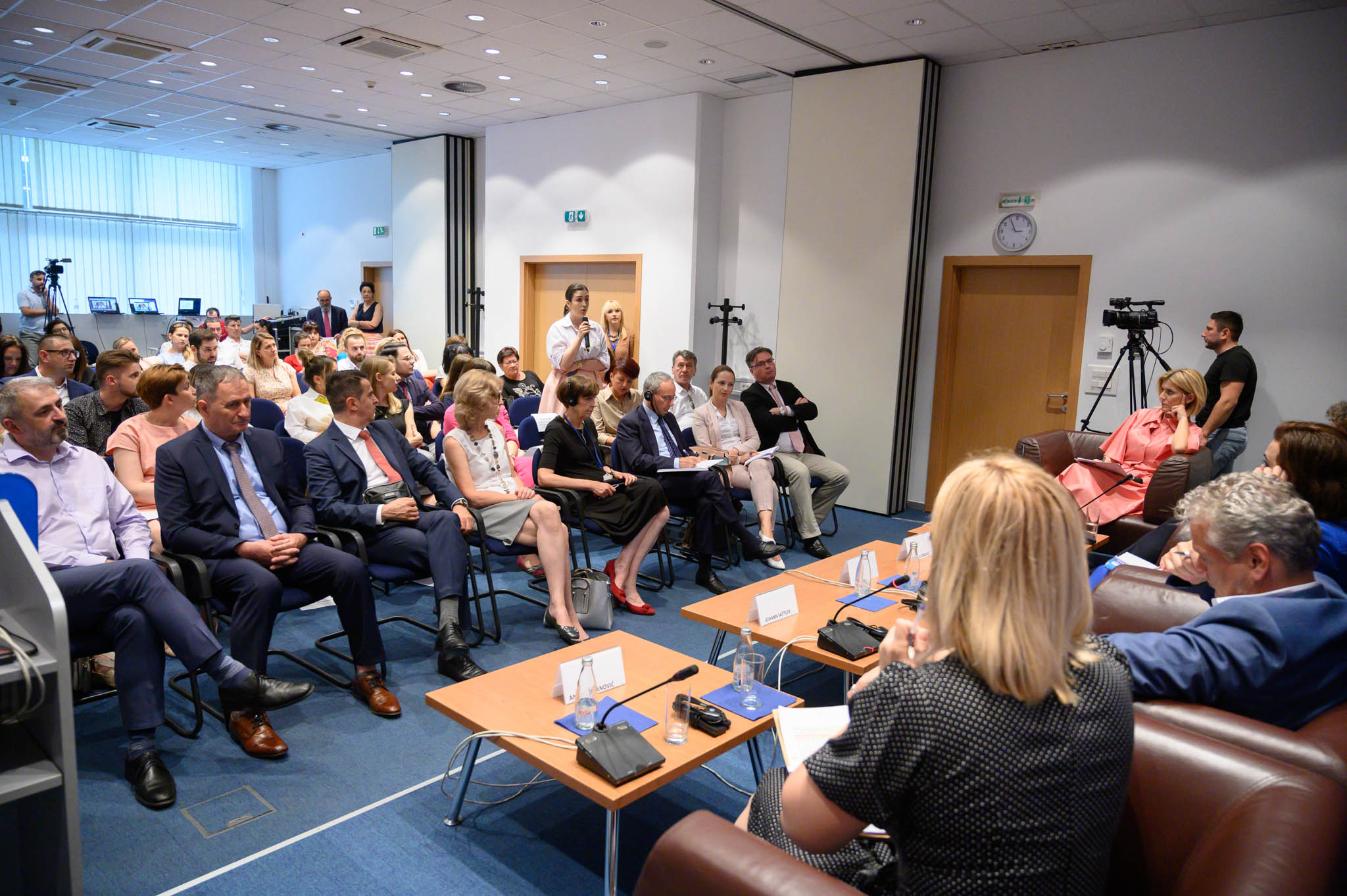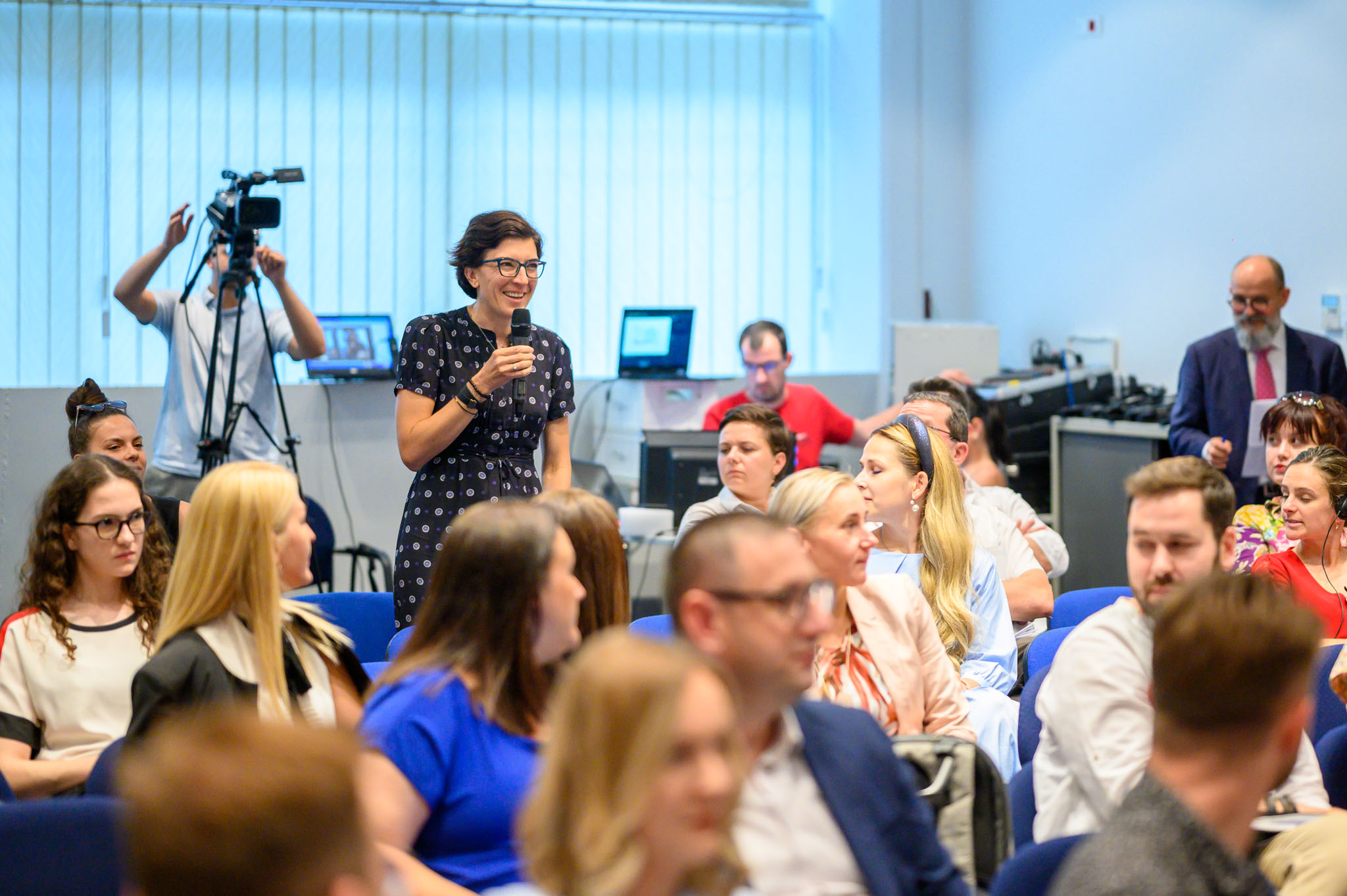Rule of law related reforms are crucial on BiH’s path to European Union, is one of the conclusions from the panel discussion “Quo Vadis Bosnia and Herzegovina?” co-organized by the European Union in Bosnia and Herzegovina, the Austrian Ministry of Justice, and the Austrian Embassy in Sarajevo, that gathered representatives of international community, judiciary, civil society organisations, media and youth.
“The EU is fully committed to supporting citizens, civil society and independent media to promote reforms that will strengthen the rule of law and enable progress on the path to EU. Rule of law related reforms are at the top of the list of priority reforms – without them, there is stagnation. There is no alternative. There is no time to waste, the country’s leadership needs to act. BiH citizens expect nothing less“, said Johann Sattler, Head of the EU Delegation to Bosnia and Herzegovina and the EU Special Representative in Bosnia and Herzegovina.
Designed as a citizens’ forum, the panel focused on BiH’s future in the European Union, reiterating the fact that the path to accession is a demanding process that requires strong commitment and dedicated contributions from all sides. Entrenching the rule of law, notably by strengthening the fight against corruption, needs to be at the forefront of the reform process. BiH citizens and youth in particular, as the future of this country, should be the driving force behind the progress.
“Today’s panel discussion ‘Quo Vadis Bosnia and Herzegovina?’ is dedicated to central topics that are crucial for the positive shaping of this country’s future, that Austria and the European Union are connected to through many things. This include credible prospects for EU membership, strengthening the rule of law and fighting corruption, the future of the younger generation, and climate and environmental protection. The European Union and its member states have a responsibility to continue supporting Bosnia and Herzegovina on this path. In addition, we must find the best way to integrate BiH civil society in this process. That is why I especially welcome the fact that civil society has also spoken out on key issues for the future of this country. Because only if we manage to convince the widest possible part of population about the importance of the necessary reforms for EU membership, they can be implemented quickly and efficiently”, said Alma Zadić, Austrian Minister of Justice.
The role of investigative journalism in exposing corruption and its spread, as well as lack of proper legal framework to tackle it, the lack of monitoring and oversight on the use of public funds, and overall lack of accountability of elected officials toward the citizens are only some of the topics discussed during the event.
“The conclusion of today’s panel discussion is actually not what the EU can do for us, but what we can do for the EU. If this country’s goal and interest is to move towards European integration, then there must be a very clear effort to fulfill what is explicitly required to be done, and that is not debatable,” said Leila Bičakčić, Director of the Center for Investigative Journalism.
Nedim Ademović, Attorney at Law pointed out that “The European Union and representatives of the European Union in Bosnia and Herzegovina must strengthen the conditionality policy and support positive projects that will give impetus to Bosnia and Herzegovina to implement the necessary reforms in order to achieve candidate status.“
The event was livestreamed on the Facebook pages “European Union in BiH and “Pravo na pravdu”.

